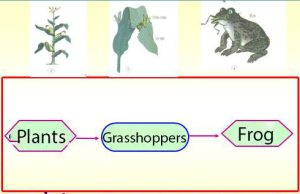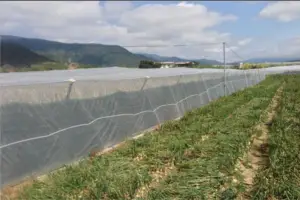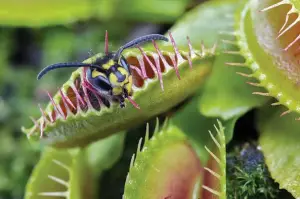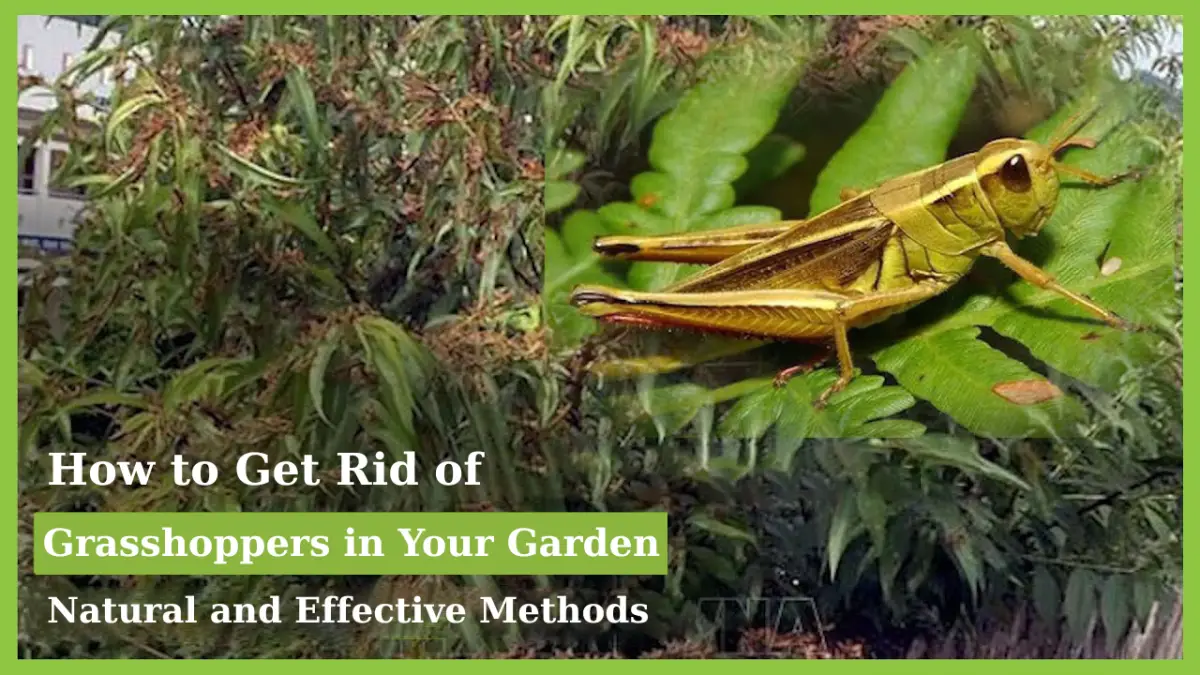Grasshoppers can wreak havoc on your garden, devouring leaves, stems, and even entire plants. If you’re seeking eco-friendly solutions to protect your garden, here are several proven methods to control grasshopper infestations.
1. Encourage Natural Predators
Birds, such as swallows and sparrows, are natural enemies of grasshoppers. By installing bird feeders or birdhouses, you can attract these allies to your garden. Additionally, chickens and guinea fowl are known to consume large numbers of grasshoppers, providing both pest control and fresh eggs.

2. Implement Physical Barriers
Covering your plants with fine mesh or row covers can physically prevent grasshoppers from reaching them. Ensure the covers are securely fastened to prevent any gaps.

3. Use Trap Crops
Planting trap crops, such as tall grasses or grains, around the perimeter of your garden can lure grasshoppers away from your main crops. Once the grasshoppers congregate on these plants, you can target them more effectively.

4. Apply Neem Oil
Neem oil acts as a natural insecticide, disrupting the feeding and reproductive cycles of grasshoppers. To make a neem oil spray:
- Mix 2 quarts of warm water with ½ teaspoon of mild liquid soap.
- Slowly add 3 teaspoons of pure neem oil while stirring.
- Pour the mixture into a spray bottle and apply it to your plants and garden soil.
5. Utilize Nosema locustae
Nosema locustae is a naturally occurring microsporidian that infects grasshoppers, leading to their demise. Products like Nolo Bait and Semaspore contain this pathogen and are most effective when applied during the early nymph stages of grasshoppers.
6. Create Homemade Repellents
Garlic and hot pepper sprays can deter grasshoppers due to their strong odors and tastes. To make a garlic spray:
- Blend two cups of garlic with 10 cups of water.
- Boil the mixture and let it sit overnight.
- Dilute one part of this solution with three parts water in a spray bottle and apply it to your plants.
7. Dust with All-Purpose Flour
Sprinkling all-purpose flour on your plants can deter grasshoppers. When they consume the flour, it clogs their mouths, preventing them from feeding. Ensure you use flour without added salt to avoid harming your plants.
8. Maintain Garden Hygiene
Regularly tilling your soil can destroy grasshopper eggs before they hatch. Additionally, removing weeds and debris reduces hiding spots and breeding grounds for grasshoppers.
By combining these natural methods, you can effectively reduce grasshopper populations and protect your garden without resorting to harmful chemicals.

